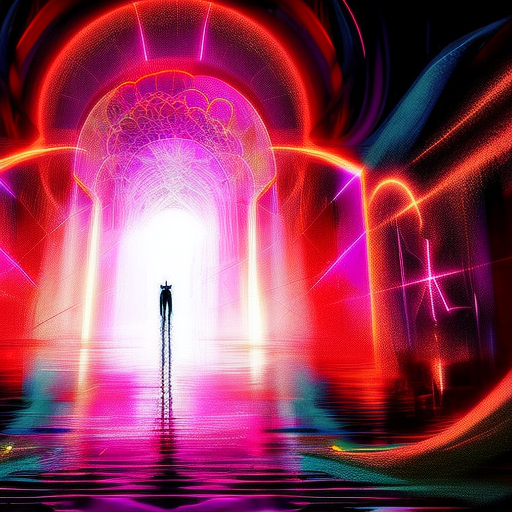The Psychopath Test: A Journey Through the Madness Industry
One-line summary: “The Psychopath Test” takes readers on a captivating journey through the world of psychopathy, exploring the madness industry and questioning the validity of psychiatric diagnoses.
In “The Psychopath Test: A Journey Through the Madness Industry,” author Jon Ronson delves into the fascinating and often perplexing world of psychopathy. Through a series of interviews, investigations, and personal anecdotes, Ronson explores the concept of psychopathy, the diagnostic tools used to identify it, and the implications of labeling individuals as psychopaths. With his signature wit and curiosity, Ronson challenges our understanding of mental illness and raises important questions about the ethics of psychiatric diagnoses.
The Madness Industry: A Complex Web of Diagnoses
Ronson begins his exploration by examining the madness industry, a complex web of psychiatric diagnoses and treatments. He interviews renowned psychologist Robert Hare, who developed the Psychopathy Checklist, a widely used tool for identifying psychopaths. Ronson also meets with Tony, a former inmate who faked insanity to avoid prison, and explores the controversial Diagnostic and Statistical Manual of Mental Disorders (DSM), which some argue pathologizes normal human behavior.
Ronson’s investigation takes him to Broadmoor, a high-security psychiatric hospital in England, where he encounters patients who have been diagnosed with various mental illnesses. He questions the validity of these diagnoses and wonders if the madness industry is more about control and punishment than genuine treatment.
The Psychopath Test: Unraveling the Mystery
As Ronson delves deeper into the world of psychopathy, he interviews individuals who have been labeled as psychopaths. He meets with Al Dunlap, a former CEO known for his ruthless business practices, and explores the case of a man who faked insanity to avoid a prison sentence. Ronson also attends a convention of self-proclaimed psychopaths, where he encounters individuals who embrace the label and use it to their advantage.
Throughout his journey, Ronson grapples with the question of whether psychopathy is a genuine mental disorder or simply a convenient label used to categorize individuals who exhibit antisocial behavior. He explores the ethical implications of diagnosing and treating psychopathy, and raises concerns about the potential for misdiagnosis and stigmatization.
The Dark Side of Psychopathy: Power and Manipulation
In the final section of the book, Ronson delves into the dark side of psychopathy, exploring how psychopaths can rise to positions of power and influence. He investigates the case of a man who faked his way into a senior position in a mental health organization and uncovers the disturbing truth about his true intentions.
Ronson also explores the role of psychopathy in the corporate world, examining the behavior of CEOs and the impact they have on their employees and organizations. He raises important questions about the prevalence of psychopathic traits in society and the potential dangers they pose.
Key Takeaways:
- The madness industry is a complex web of psychiatric diagnoses and treatments that raises questions about the validity and ethics of psychiatric labels.
- The Psychopathy Checklist, developed by Robert Hare, is a widely used tool for identifying psychopaths, but its accuracy and reliability are subject to debate.
- The concept of psychopathy raises important questions about the nature of mental illness, the potential for misdiagnosis, and the implications of labeling individuals as psychopaths.
“We live in a world where the most powerful people are the least accountable.”
In “The Psychopath Test: A Journey Through the Madness Industry,” Jon Ronson takes readers on a thought-provoking exploration of psychopathy and the madness industry. Through his captivating storytelling and insightful interviews, Ronson challenges our understanding of mental illness and raises important questions about the ethics of psychiatric diagnoses. Ultimately, the book reminds us that the line between sanity and madness is often blurred, and that the labels we assign to individuals can have far-reaching consequences.












